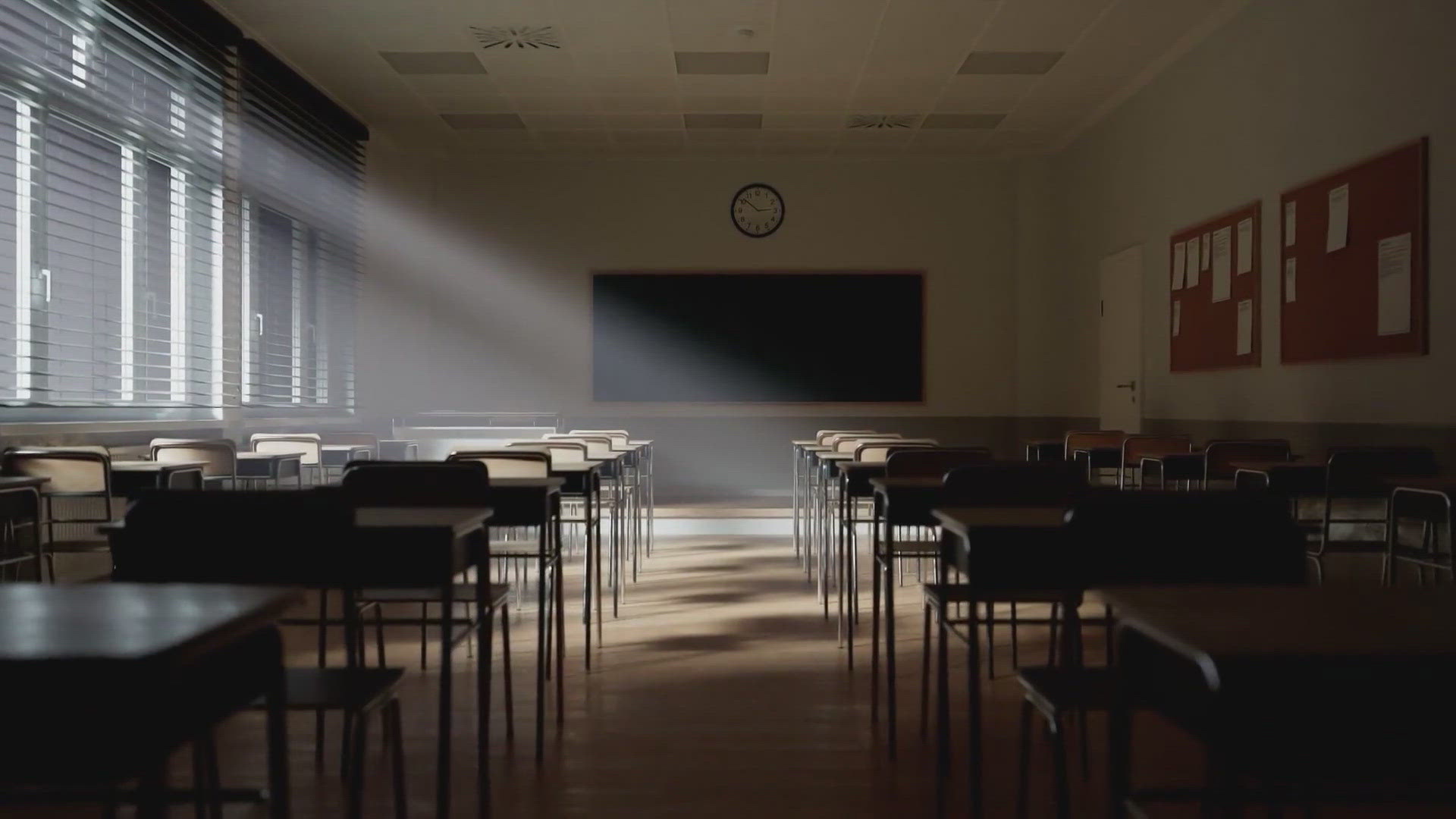CONVERSE, Texas — At Judson ISD, there's a new process for middle schoolers to move up a grade. Students now need to pass three out of four core classes, and have a 70 percent average across all four classes, including the class they're failing to progress.
Superintendent Dr. Milton Fields made the recommendation to the school board, which passed the change in a 5-2 vote.
"We want to make sure that we put our students in the best possible position moving forward. We want to make sure that they're capable in three of those four core subjects," he said. "But to say that if unless you're perfect in all four core subjects, you have to be retained for the entire grade level is not what we feel is the best way to move forward."
Students who fail a course and move forward, will be given a supplemental class in the upcoming school year for that subject.
"There's research that shows there's a direct correlation between the dropout rate and retention," said Dr. Mary Duhard-Toppen, deputy superintendent of teaching and learning for Judson ISD. "So looking at that and making sure that we're doing what's best for the student in the end by trying to keep them with their cohort, but also providing those multi layers of support that they're going to need in order to be successful."
Part of the reason for this new policy is to increase graduation rates. Judson ISD classes of 2020, 2021, 2022, all had graduation rates of over 85 percent.
"If ever there's a possibility that we can course correct, redo our procedure, redo our policy, that's how we found ourselves here today," Dr. Fields said. "We looked at our current policy situation. Is it best serving our students? No? We think there's a better way to do it? We make that recommendation to the board, and if they agree, then that's how we move forward."
School board president Jose Macias Jr. explains another part of the decision is influenced by budget cuts. Students who are held back, usually take summer school.
"We had to kind of pivot and reduce our summer recovery program, which meant less students would take that program, which means they would take it in the fall semester and so forth," Macias said.
Macias supported the proposal, arguing it creates a more individualized plan, buying more time for students to catch up.
"Do we want to really hold students back who may be they may have a 68 in math? Do we really want to hold them back if they passed everything else?," he said. "We're still giving students the support they need. We're just allowing for a bigger window for that support to happen."
Similar policies have been enacted by Northside, Southwest, Edgewood, Schertz-Cibolo-Universal City, Somerset, Harlandale, Southside and Randolph Field ISDs.
"There are struggles with poverty that are issues," Macias said. "There are issues with lack of parent engagement. There are variables across the board, social, emotional wellness of the student. Middle school is a hard area, so Judson is 75 percent economically disadvantaged. Our students do not look like Comal ISD or any other city that has less economically disadvantaged students, which means the struggles are real. And so as we work with our students, we have to identify those variables. It's a matter of more support."
Parents are able to advocate to hold their students back if they prefer.

